Posts
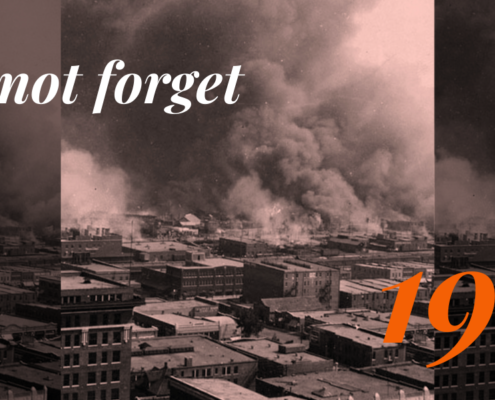
UCLA Department of African American Studies Remembers the 1921 Tulsa Race Massacre on Its Website and in Upcoming Events
Please join the Department of African American Studies at…

Recent Honors for UCLA History Professors
UCLA History faculty have been doing amazing work. The following…
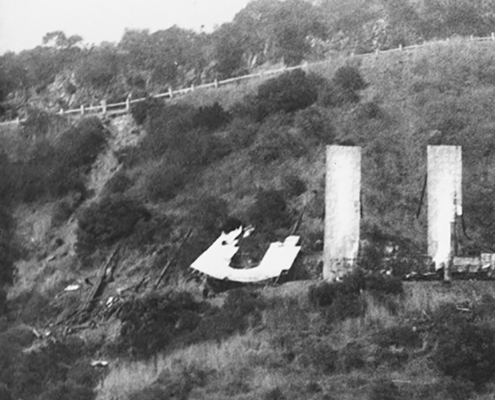
UCLA Professors Contribute to LA Mayor’s Office Civic Memory Working Group Report
In November 2019, LA Mayor Eric Garcetti's Office Civic Memory…
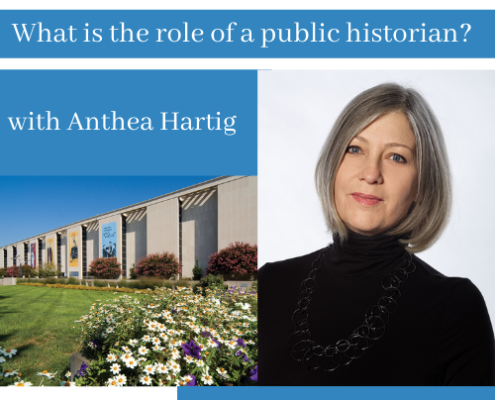
UCLA Podcast “Then & Now” Discusses the Role of a Public Historian with UCLA Alumna Anthea Hartig
UCLA's Luskin Center for History and Policy (LCHP) has continued…

LA Social Science Book Series on “The World of Plymouth Plantation” with Professor Carla Pestana
In her new book The World of Plymouth Plantation, Dr. Carla…
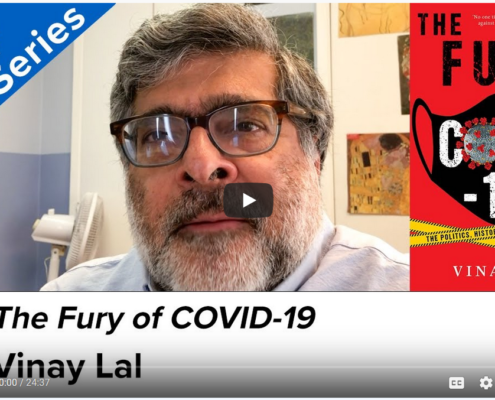
LA Social Science Book Series on the “Fury of COVID-19” with Professor Vinay Lal
Dr. Vinay Lal, UCLA professor of history and Asian American…
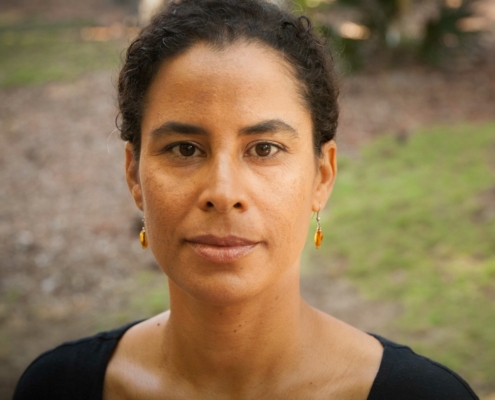
UCLA History Professor Elected to Pulitzer Board
Dr. Kelly Lytle Hernandez, professor of African American Studies,…

UCLA Professor Discusses the Cultural Power of Native American Hip Hop
In his essay in The Source, Dr. Kyle T. Mays, UCLA Assistant…
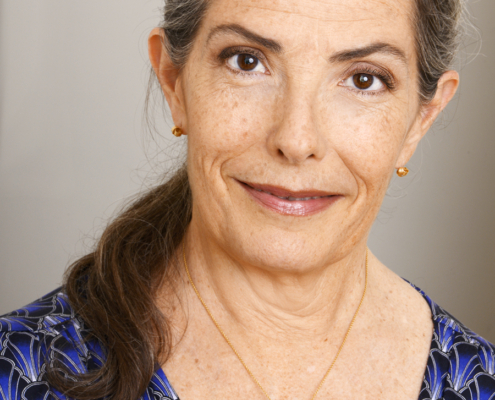
UCLA History Chair Discusses Gender Dynamics in 1620s Plymouth Plantation
Dr. Carla Gardina Pestana, UCLA Professor and Joyce Appleby Endowed…
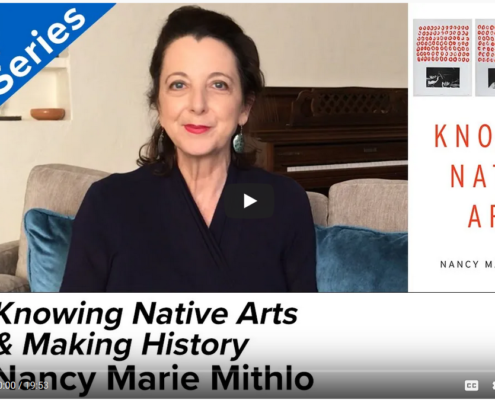
LA Social Science Book Series on “Knowing Native Arts” & “Making History” with Professor Nancy Marie Mithlo
UCLA graduate student Marina Perez interviews Dr. Nancy Mithlo,…

